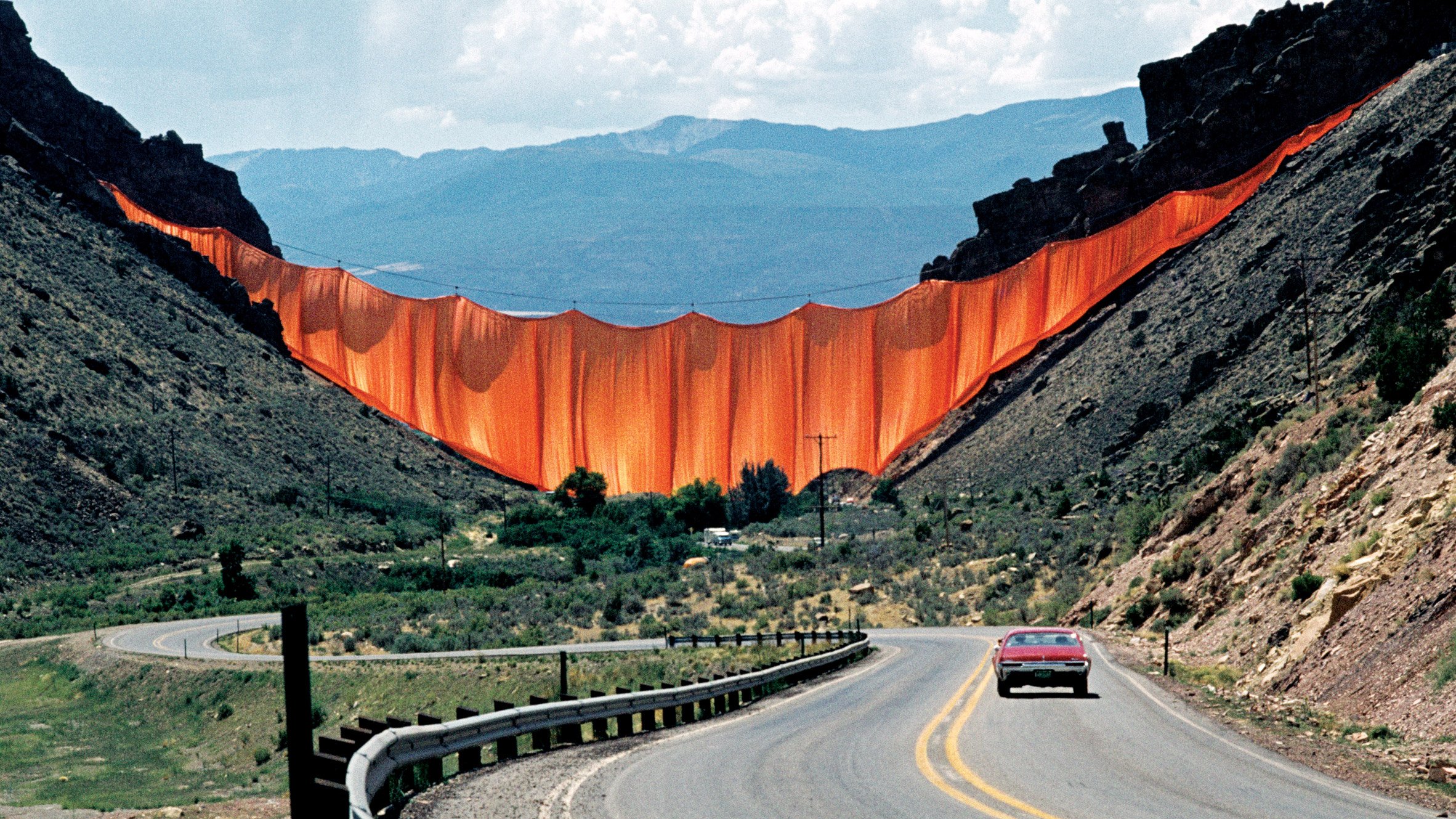
In the contemporary architectonical world, landscape has become a very important theme, that has its own discipline and its own professional approach.
The European Convention of Landscape, that has been in Florence in 2000, has define that: “Landscape” means an area, as perceived by people, whose character is the result of the action and interaction of natural and/or human factor.
Is possible to say that the contemporary architectural approach to this topic, has brought the discussion on landscape far away from the simple “naturality” of the world.
That means that, when we talk about landscape is not enought to think about vegetations and open spaces, but it’s important to consider the human factor, the artificial materials and also the meaning of landscape in the contemporary city and the role of it.
When Pablo Mendes da Rocha states that "nature is a shit", he tries to provoke the community, in the sense that all human efforts to modify the landscape are efforts that must “fight” against the natural situation.
As Luigi Snozzi always says, the insediative act of human is always a destructive act of nature.
An act of destruction that is followed by an act of reconstruction.
That for example is the origin of all the rural landscape, quite all over the world.
Finally, while is well known the importance of the open spaces inside the urban planning, a very important reflection about landscapes is about its relation with the sustainability topic. That means to recognize to open spaces a new active role inside the city.
Following the energetical approach is possible to find two kind of sustainability landscape:
• The energy productive landscapes, composed with eolic and solar elements
• The compensative landscape that use natural elements to improve the climate comfort
The task of the course will be to give to the students the knowledge of the necessary tools to realize a landscape project, focusing on the following themes:
• Relations in between open spaces and builded parts of a city
• Materials and tools to build a landscape
• Sustainability applied to landscape
The European Convention of Landscape, that has been in Florence in 2000, has define that: “Landscape” means an area, as perceived by people, whose character is the result of the action and interaction of natural and/or human factor.
Is possible to say that the contemporary architectural approach to this topic, has brought the discussion on landscape far away from the simple “naturality” of the world.
That means that, when we talk about landscape is not enought to think about vegetations and open spaces, but it’s important to consider the human factor, the artificial materials and also the meaning of landscape in the contemporary city and the role of it.
When Pablo Mendes da Rocha states that "nature is a shit", he tries to provoke the community, in the sense that all human efforts to modify the landscape are efforts that must “fight” against the natural situation.
As Luigi Snozzi always says, the insediative act of human is always a destructive act of nature.
An act of destruction that is followed by an act of reconstruction.
That for example is the origin of all the rural landscape, quite all over the world.
Finally, while is well known the importance of the open spaces inside the urban planning, a very important reflection about landscapes is about its relation with the sustainability topic. That means to recognize to open spaces a new active role inside the city.
Following the energetical approach is possible to find two kind of sustainability landscape:
• The energy productive landscapes, composed with eolic and solar elements
• The compensative landscape that use natural elements to improve the climate comfort
The task of the course will be to give to the students the knowledge of the necessary tools to realize a landscape project, focusing on the following themes:
• Relations in between open spaces and builded parts of a city
• Materials and tools to build a landscape
• Sustainability applied to landscape
- Trainer/in: LUCA TRABATTONI
- Trainer/in: ANNA SZCZEGIELNIAK
- Trainer/in: RADOSŁAW WANAGO
- Trainer/in: ANDRZEJ MARYNOWICZ
- Trainer/in: JADWIGA ŚWIRSKA-PERKOWSKA
- Trainer/in: Anna Wicher
- Trainer/in: JUSTYNA KLESZCZ
- Trainer/in: SVITLANA LINDA
- Trainer/in: KAMILA WILK
- Trainer/in: MAGDALENA CZOPOWSKA-LEWANDOWICZ
- Trainer/in: JÓZEF GIGIEL
- Trainer/in: MONIKA ADAMSKA
- Trainer/in: MATEUSZ MIKOŁAJÓW
- Trainer/in: Marcin Spyra

- Trainer/in: MONIKA ADAMSKA
- Trainer/in: BARBARA PIERŚCIONEK